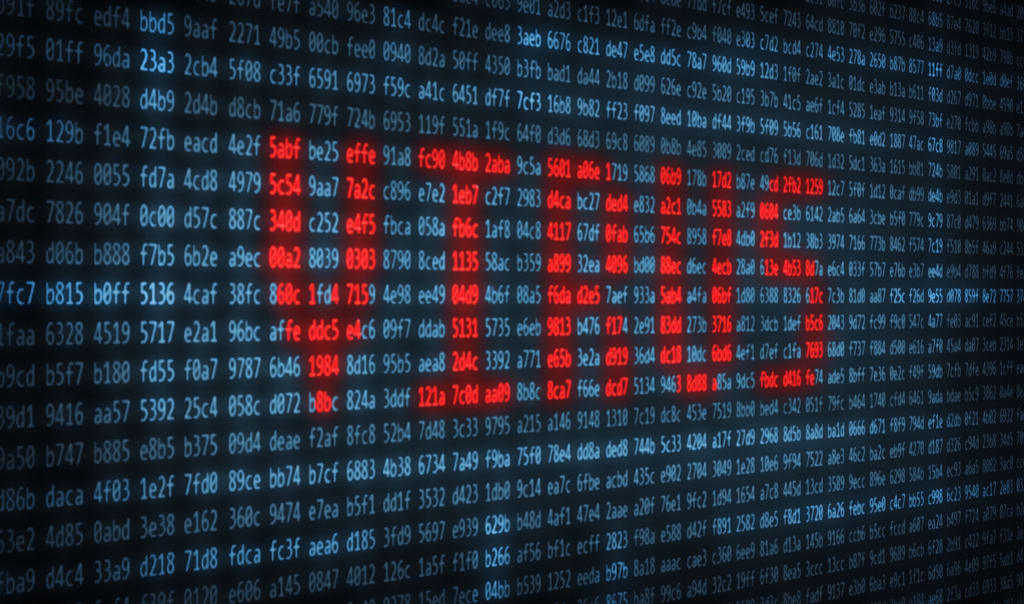Computer Virus: The Invisible Threat and How to Stay Protected?
Understanding the Risks and Safeguarding Your Digital Life

A computer virus is a type of malware that is designed to infect computers and other digital devices. It can replicate itself and spread from one computer to another, typically through email attachments, infected software, or malicious websites. Computer viruses are dangerous because they can cause significant damage to your computer and compromise your personal information. Some viruses can erase or corrupt files, while others can steal your personal data, including login credentials, credit card numbers, and other sensitive information.
There are many different types of computer viruses-
- Worms: These are self-replicating programs that spread through networks and can cause significant damage to the infected system.
- Trojans: These are programs that are disguised as legitimate software but are designed to steal information or damage the computer system.
- Spyware: These are programs that are designed to spy on the user's activities and collect personal information without the user's knowledge.
- Adware: These are programs that display unwanted advertisements on the user's computer and can slow down the system.
How does a Computer virus affect a computer?
- Slowing Down or Crashing the System: A virus can consume a significant amount of system resources, causing the computer to slow down or even crash. This is because the virus may be running in the background and using up the computer's memory and processing power.
- Deleting or Corrupting Files: Some viruses are designed to delete or corrupt files on the infected computer. This can cause the loss of important data and can even make the computer unusable.
- Stealing Personal Information: Certain types of viruses, such as spyware or keyloggers, are designed to steal personal information, such as login credentials, credit card numbers, and other sensitive data.
- Creating Backdoors: Some viruses can create backdoors in the computer's security system, allowing hackers to gain access to the infected computer and its data.
- Spreading to Other Computers: A virus can spread from one computer to another, either through a network or through infected files. This can result in the virus infecting multiple computers, causing widespread damage.
- Displaying Pop-Up Ads: Adware viruses can display unwanted pop-up ads on the infected computer, which can be annoying and intrusive.
How to Stay Safe from Computer Viruses?
In today's digital age, computers have become an essential part of our lives. However, with the increased use of computers, there is also an increased risk of viruses and malware infecting our systems. Computer viruses can cause serious damage to your computer and compromise your personal information. In this article, we will discuss how to stay safe from computer viruses.
- Install Antivirus Software: The first step to protecting your computer from viruses is to install antivirus software. This software is specifically designed to detect and remove viruses from your computer. Make sure to keep your antivirus software up-to-date, as new viruses are created every day.
- Keep Your Operating System Updated: It's important to keep your operating system (OS) updated with the latest security patches and updates. These updates are designed to fix vulnerabilities in the OS, making it more difficult for viruses to infect your computer.
- Be Careful When Opening Email Attachments: Email is one of the most common ways that viruses are spread. Be careful when opening email attachments from unknown senders. If you are not sure about the authenticity of an email or attachment, do not open it.
- Use Strong Passwords: Use strong passwords that are difficult to guess. Avoid using the same password for multiple accounts. Use a combination of letters, numbers, and special characters to create a strong password.
- Be Careful When Downloading Files: Be careful when downloading files from the internet. Only download files from trusted sources. If you are unsure about the safety of a file, use your antivirus software to scan it before opening it.
- Backup Your Data: It's important to regularly back up your data to protect against viruses and malware. If your computer is infected with a virus, you may lose important files and data. Backing up your data ensures that you can easily restore it in case of an infection.
- Avoid Public Wi-Fi Networks: Public Wi-Fi networks are often not secure and can be a breeding ground for viruses and malware. Avoid using public Wi-Fi networks to access sensitive information, such as online banking or shopping sites.
- Avoid suspicious websites: Avoid visiting suspicious websites, especially those with a lot of pop-ups or ads. These sites can be used to distribute malware and viruses.
- Be careful when clicking on links: Be cautious when clicking on links, especially those sent through email or social media. Malicious links can be used to trick users into downloading malware or viruses.
About the Creator
Enjoyed the story? Support the Creator.
Subscribe for free to receive all their stories in your feed. You could also pledge your support or give them a one-off tip, letting them know you appreciate their work.





Comments
There are no comments for this story
Be the first to respond and start the conversation.